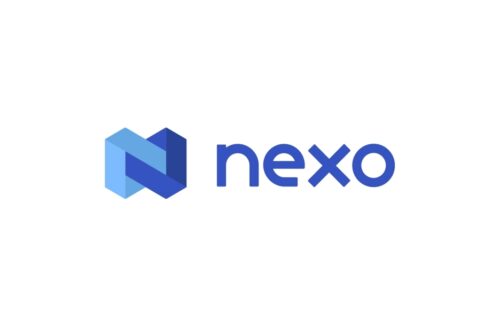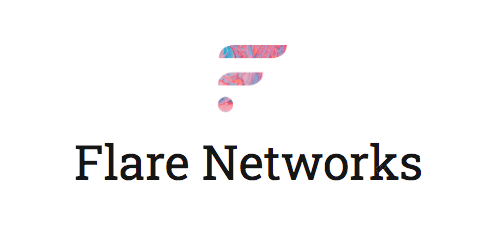
E-commerce giant Amazon has won two patents related to methods for protecting the integrity of digital signatures and improving distributed data storage. The two patents were published by by the U.S. Patent and Trademark Office (USPTO) today, Nov. 13.
The first patent document, first filed in April of this year, outlines a “signature delegation” method for “protecting the integrity of digital signatures and encrypted communications,” by allowing for the generation, distribution, validation, and revocation of one-time-use cryptographic keys.
In the proposed system, these keys are arranged in what is known in cryptography as a “Merkle Tree” structure, which is a binary tree of hashes constructed from the bottom up.
As tech media platform Hackernoon outlines, Merkle Trees are a “fundamental part” of blockchain systems, as they allow for a large body of data to be efficiently and securely verified:
“The Merkle Root summarizes all of the data in the related transactions, and is stored in the block header. It maintains the integrity of the data. If a single detail in any of the transactions or the order of the transactions changes, so does the Merkle Root. Using a Merkle tree allows for a quick and simple test of whether a specific transaction is included in the set or not.”
According to the newly published patent document, Amazon’s proposed Merkle Tree-structured, encrypted system aims to tackle how to delegate signing authority from a central entity to the various subordinates that are authorized to sign on its behalf.
As the patent filing reads: “the signature authority provides a key-distribution service that distributes blocks of cryptographic keys to authorized signing delegates. An authorized signing delegate contacts the key-distribution service and requests a block of cryptographic keys.”
In cases where a given cryptographic key is “marked as invalid,” after a “key revocation service queries the Merkle tree of delegable keys,” then the service “provides the verifying entity with a revocation value associated with the revoked cryptographic key.” Amazon outlines that in some cases, the key revocation database may be implemented using blockchain.
Amazon’s second patent, released today and first filed mid-Dec. 2015, relates to issues pertaining to distributed data storage.
Amazon’s filing proposes a “grid encoding technique,” using groups of collected “shards,” where each shard represents a logical distribution of data items stored in a given grid. The patent filing suggests this method can help to minimize storage redundancy, while allowing for maximum availability, durability, and means of recovery.
Notably, several tech startups, such as Filecoin, Sia, Storj, and Swarm have all attempted to tackle similar issues with distributed data storage using blockchain technology, often combined with cloud storage solutions.
Beyond pursuing blockchain, cryptography and distributed data storage-related patents to expand its technological arsenal, Amazon has also filed for cryptocurrency-specific inventions. In April, Amazon Technologies was awarded a patent for a streaming data marketplace that would enable users to receive real-time crypto transaction data.
Source





